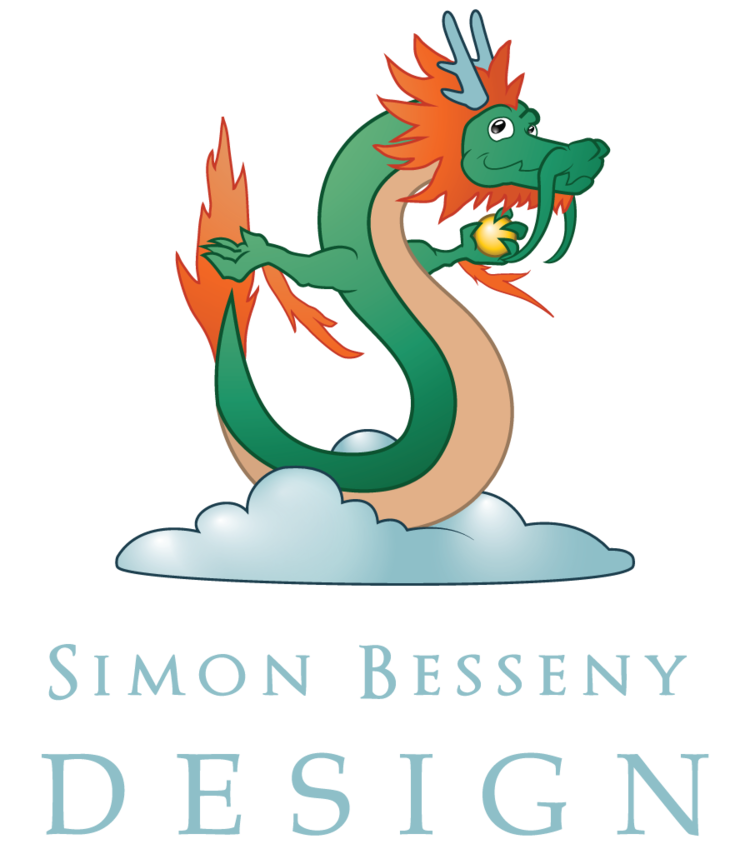A recent experience of mine was delving into the world of Divinity: Original Sin 1 and 2 (DOS & DOS2). Divinity is a role-playing game with tactical turn-based combat, not too dissimilar to the tabletop granddaddy Dungeons and dragons. Both games in the series have open ended interactivity and problem solving, giving a variety of tools to the player to tackle setpieces and quests in a variety of ways. There were numerous of times where I would question my actions asking "Is this breaking the game? Was I meant to be able to get here?" but low and behold a chest or horrible consequence is bestowed upon me for my exploration.
The open ended nature of such senarios is something of a staple for many open-world games but it is an interesting take on the
The first divinity sees you taking the role of two "Source Hunters", members of an order aiming to eradicate the dangerous magic of Source and its practitioners; Sourcerers. The tale begins with the pair sent to investigate the murder of a town councilor by a suspected Sourcerer,
DoD2, Succeeding the first game by many years the fantasy land of Rivellon is again under siege by the void, this time taking the role of a Sourcerer whom is later found to be a possible Godwoken, champion of the player’s chosen race’s god whom has the potention for divinity; mastery of source magic.
Both D:OS and its sequel take strong influence from classic table top RPG’s such as Dungeons & Dragons ans classic CRPGs but DOS as a game works in two secion’s; RPG dialogue trees and turn-based tactics styled combat. The world exploration and character roleplay hearkens back to classic CRPG, utilizing the player characters attributes and skills in dialogue choices as well as opening various in world actions such as sneaking and pickpocketing. The sticking point is the D&D-esque interaction between environment and skills, giving players acess to teleportation skills early on. Such skills often gave it that classic D&D feeling that you might be bypassing the DM’s hours of careful plaing but due to the digitized limitations more often then not the player is rewarded for using their skills in creative and exploitative ways. These range from obvious chests that have no clear way to reach, seperating enemy groups, to dropping enemys in lava (an instant death to them in this game) it feels as though sometimes you as a player are breaking the game but it is most certainly intended when an enemy uses that same tactic against you. The game uses a point based action system where the creatures are give a certain number of action points for movement and skills, the first having a much higher and costly count of these compared to the squals streamlined version. Likewise as an rpg the abilities are broken into attributes (such as strengh and inteligance) as well as skills (Such as various magics, weapon mastery or pursasion). These are staples of the RPG genure but unlike most the starting class chosen is more of a groundwork giving a bost to starting skills but can easily be adapted into something else thoughout the game, This is both a blessing and a shortcoming. The build diversity that can be achived is incredibly fun as well as lending to the combination and synergized gameplay mechanics of the various elements. The con is that by the end of the game most characters have some sense that they can do almost anything, obviously some better then others but it does give a little less importance when all characters are capable of similar skills. Ofcours this is altered by the limitation of prepaired skills in the sequal, having this means that they may be able to learn it but there is still a desision of play style for the player.
The combat itself plays like other freeform tactics games, with no strict grid the player is free to move as far is their action points will allow based on their attributes. The points are also used for combat and as such it gives provides a balance between placement and actions. The tru fun of the combat though comes from the various skills and elements of magic. The skills range from melee focused charges and knockdowns to magical blasts of frost, poision and the classic fireball. Where these get interesting is the way elements interact, for example, casting a rain spell makes pools of water on the ground that can be electrifed, turning a single target lightning bolt into an area of stunning, another is posion is considered highly flamible in universe, making fireboths a perfect follow up to the rouge’s poision daggers. this intereaction of elements makes each characters skills more veritile and addative; teamwork and synergy is the key to sucess, especually on the higher difficulties as this same combination can be used against yourself.
Overall there’s a lot more to be discovered and intereacted with in both games but I’ll simply say its better to find out for yourself! The game shines when discovering new intereationd of skills and solving puzzles in creative and interesting ways. I’d highly recomend this game to anyone who enjoys a good tactical stratergy. Also the co-op is equally fun if not far more chaotic!
